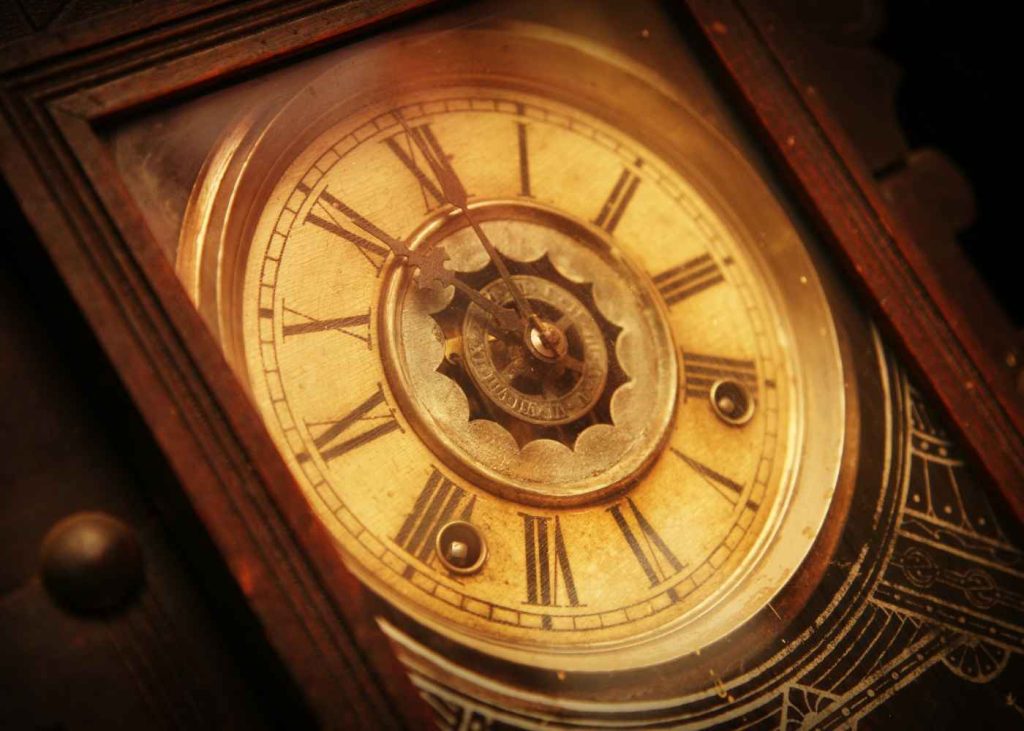Antique grandfather clocks represent more than just timepieces—they’re cherished family heirlooms, stunning works of craftsmanship, and valuable investments that deserve proper care. These magnificent clocks were built to last for generations, but like any precision mechanical device, they require regular maintenance to continue functioning at their best.
Many clock owners make the mistake of thinking that because their grandfather clock is still ticking, it doesn’t need professional attention. However, waiting until problems become obvious often means that damage has already occurred to delicate internal mechanisms. Regular maintenance is the key to ensuring your treasured timepiece continues to run accurately and beautifully for many years to come.
Understanding why routine servicing matters helps you protect both the monetary and sentimental value of your antique clock while ensuring it remains a functional centerpiece in your home.
Preserving Mechanical Precision
The intricate mechanical movements inside grandfather clocks consist of hundreds of precisely crafted components that must work together in perfect harmony. Over time, dust, dirt, and old lubricants accumulate throughout these mechanisms, causing increased friction and wear that gradually affects the clock’s accuracy and smooth operation.
Regular cleaning and lubrication keep these delicate parts moving freely and reduce the stress on gears, springs, and escapement mechanisms. Professional maintenance ensures that each component receives the specific type and amount of lubrication it needs to function properly. Without this care, parts begin to wear unevenly, leading to timing issues and potential damage.
The pendulum system, which regulates your clock’s timekeeping, requires particular attention to maintain its precise swing. Even small amounts of dust or debris can affect the pendulum’s movement, causing your clock to run fast, slow, or stop entirely. Regular maintenance keeps this critical component operating smoothly.
Preventing Costly Repairs
Routine maintenance catches small problems before they become expensive repair situations. A skilled clockmaker can identify worn parts, loose connections, or developing issues during regular service visits, addressing them when repairs are simple and affordable rather than waiting until major components fail.
When grandfather clocks are neglected, small problems often cascade into larger issues that affect multiple components. A slightly worn gear might cause increased stress on surrounding parts, eventually leading to broken springs, damaged escapements, or bent pendulum rods. These major repairs can cost significantly more than regular maintenance visits.
Professional maintenance provided by companies like The Clock Doctor also includes safety inspections that ensure your clock’s weights and chains are secure and functioning properly. Catching potential safety issues early prevents accidents that could damage both the clock and your home, while avoiding the expense of emergency repairs.
Maintaining Accurate Timekeeping
The primary purpose of any clock is to keep accurate time, and regular maintenance is essential for preserving this fundamental function. Even antique clocks can maintain remarkable accuracy when properly cared for, often keeping time within minutes per week rather than losing hours or days.
During maintenance visits, clockmakers make fine adjustments to regulate your clock’s timing, ensuring it runs as accurately as possible. They check and adjust the pendulum length, verify proper escapement function, and make other precision adjustments that keep your clock synchronized with modern timekeeping standards.
Accurate timekeeping also depends on proper weight positioning and chain tension. Regular maintenance ensures these elements are correctly balanced and adjusted, preventing the timing drift that occurs when these systems fall out of alignment.
Extending Operational Lifespan
Antique grandfather clocks were built to last for centuries, but achieving this longevity requires consistent care and maintenance. Regular servicing significantly extends your clock’s operational life by preventing the accumulation of wear and damage that can permanently compromise its mechanisms.
Professional maintenance includes thorough cleaning that removes corrosive dust and debris from delicate brass and steel components. This cleaning prevents the pitting and corrosion that can permanently damage gears, plates, and other critical parts. Regular lubrication also prevents the metal-on-metal contact that causes irreversible wear over time.
Proper maintenance also addresses environmental factors that can affect your clock’s longevity. Clockmakers can recommend optimal placement, humidity control, and other environmental considerations that help preserve your clock’s wooden case and mechanical components for future generations.
Protecting Investment Value
Antique grandfather clocks often represent significant financial investments that can appreciate in value over time when properly maintained. Regular professional care helps preserve and protect this investment by keeping your clock in excellent working condition and preventing damage that could diminish its worth.
Well-maintained clocks retain their authenticity and original functionality, which are crucial factors in determining antique value. Clocks that have been properly cared for throughout their lives command higher prices and interest from collectors compared to neglected timepieces that require extensive restoration.
Documentation of regular professional maintenance also adds value by providing potential buyers with confidence in the clock’s condition and care history. This maintenance record demonstrates responsible ownership and proper stewardship of the antique.
Ensuring Family Legacy
For many families, grandfather clocks represent treasured heirlooms passed down through generations. Regular maintenance ensures these precious timepieces continue functioning beautifully for your children and grandchildren, preserving both their mechanical integrity and sentimental significance.
Proper care maintains the clock’s original character and craftsmanship while ensuring it remains a functional part of daily life rather than just a decorative object. Future generations can continue enjoying the gentle tick-tock rhythm and melodious chimes that make grandfather clocks such special additions to any home.
Making the Right Choice
Regular maintenance is an investment in your grandfather clock’s future performance, value, and longevity. Don’t wait until problems develop—schedule routine professional servicing to keep your treasured timepiece running perfectly for generations to come.


